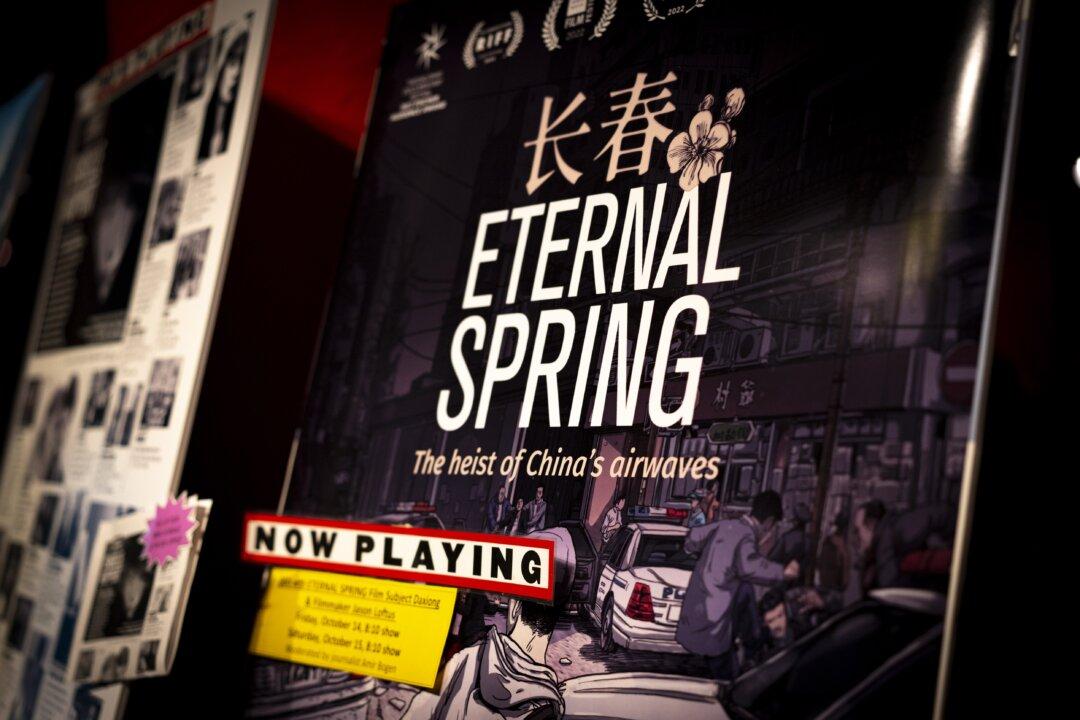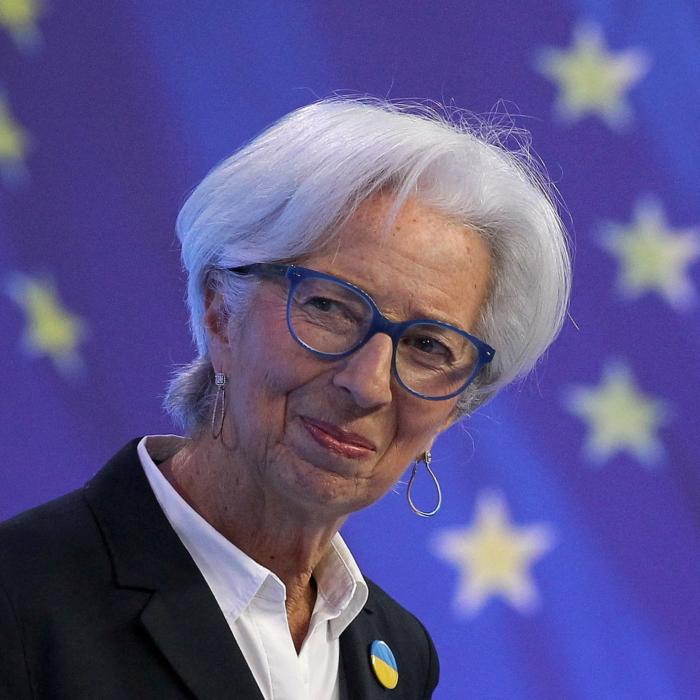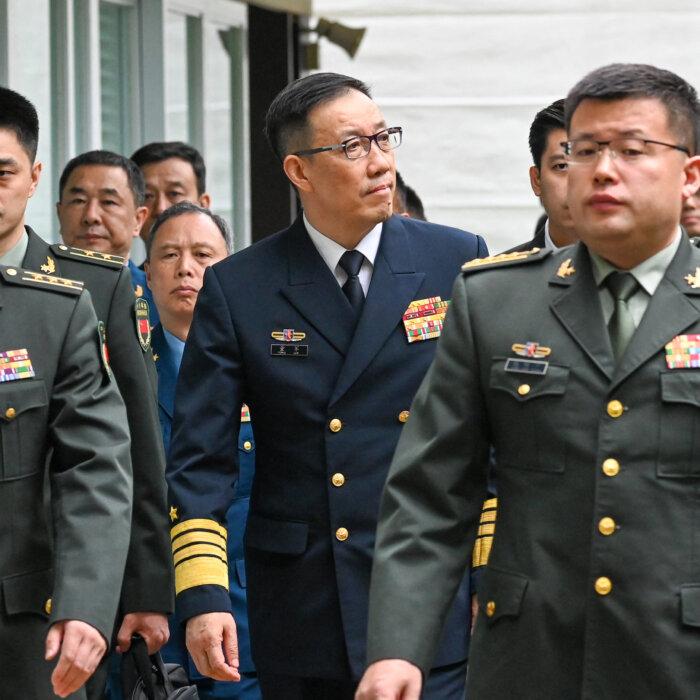Sometimes a movie is so good, it goes past the censors.
The movie is that good. Having just seen it, I would go so far as to say it’s the most compelling political film since “The Lives of Others” about life under the East German Stasi that won multiple awards throughout the world in 2007. That movie, however, was fiction, albeit based on the personal experiences of the screenwriter.
“Eternal Spring” mixes 3D animation, live interviews, and archival footage to tell the tale of the hacking of the television news in Changchun, China, in 2002 by a small group of Falun Gong practitioners who wanted the public to know the truth about their spiritual beliefs as opposed to the communist propaganda being fed to them.
Directed by Jason Loftus and animated by the absolutely extraordinary Daxiong, who figures himself in the story, the film has you on the proverbial edge of your seat throughout, even though you know—this being China under the brutal Chinese Communist Party (CCP) rule of then-leader Jiang Zemin—that our heroes will (mostly) not survive.
Yes, there’s violence in the film (mostly animated, thankfully), as you would expect given what we know of the treatment of religious minorities and political dissidents in today’s China. And yet the overall feeling of the film is curiously optimistic, earning the title “Eternal Spring.”
The film harkens back to a different China of other eras—Daxiong’s animations here are outstanding, as are his representations of the actual participants—in a manner that makes you want to believe those days will come again.
That respect for much older and spiritually deeper Chinese traditions can be found in the book “Zhuan Falun” by Hongzhi Li, Falun Gong’s founder, which I also recently read.
I find Western similarities to these beliefs—truth, compassion, and tolerance—in aspects of evangelical Christianity and the rapidly-growing Chabad movement in Judaism.
All three advocate for what amounts to a peaceful revolution through the improvement of one’s own character by living a virtuous life that others may seek to emulate.
There may be no better advice in these perilous times.
And if you feel as I do about the film, please pass it on. I’ve already contacted some like-minded friends of mine in the Motion Picture Academy who also vote on the Oscars as I do. It’s an uphill battle there against the overwhelming “woke” majority, but as they say in the Zen tradition, “You can’t get there by trying, but you won’t get there if you don’t try.”







